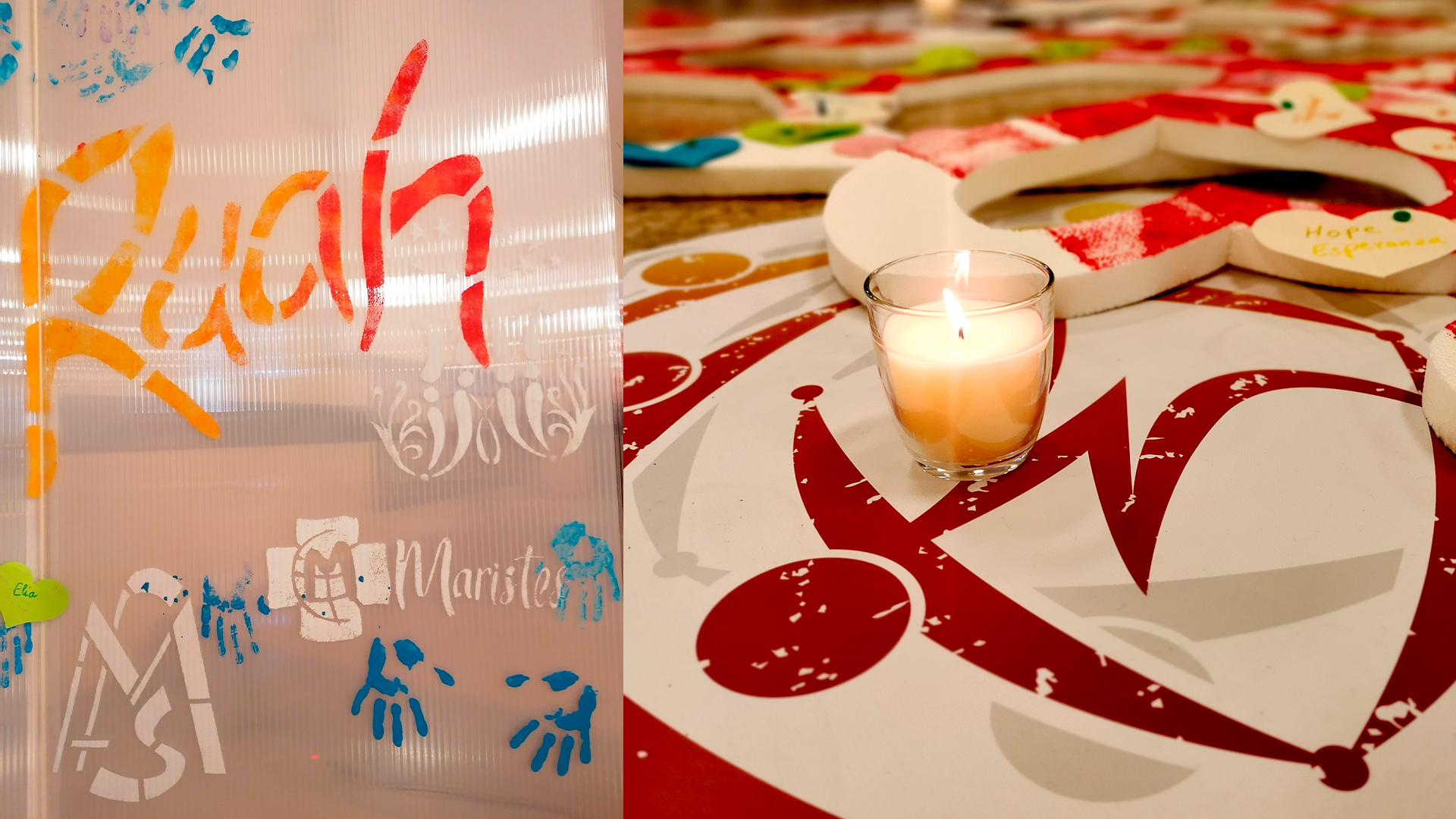
The international Forum process on the Lay Marist Vocation is moving forward
The process involved in Phase 4 of the International Forum on the Lay Marist Vocation is one of reflection and visioning, following the face-to-face meeting held in Rome last July 2023 [see Bulletin Sharing 21 ]
Building on the first agreements reached at that meeting, each of the reflection groups has had its own rhythm of working together, online. Little by little, they have been determining answers to the questions and aspirations that are part and parcel of their particular area.
Periodically there have also been meetings of all the delegates of this phase 4 and of the members of the Extended Secretariat of the Laity, who are leading this whole process, with the presence and support of the link brothers from the General Council. At the last meeting, on 21 November 2023, each of the groups shared where they are up to in the process and progress made, and identified crucial questions and priorities to focus their work in the coming months.
The following are the specific themes on which each area and working group is focusing its reflections.
Area 1: Identity, formation and accompaniment processes and bonding to the charism
The first area of reflection aims at building consensus around identity, processes of formation and accompaniment, and bonding to the charism of Marist laypeople. For this task, there are three groups, each working on one of the themes:
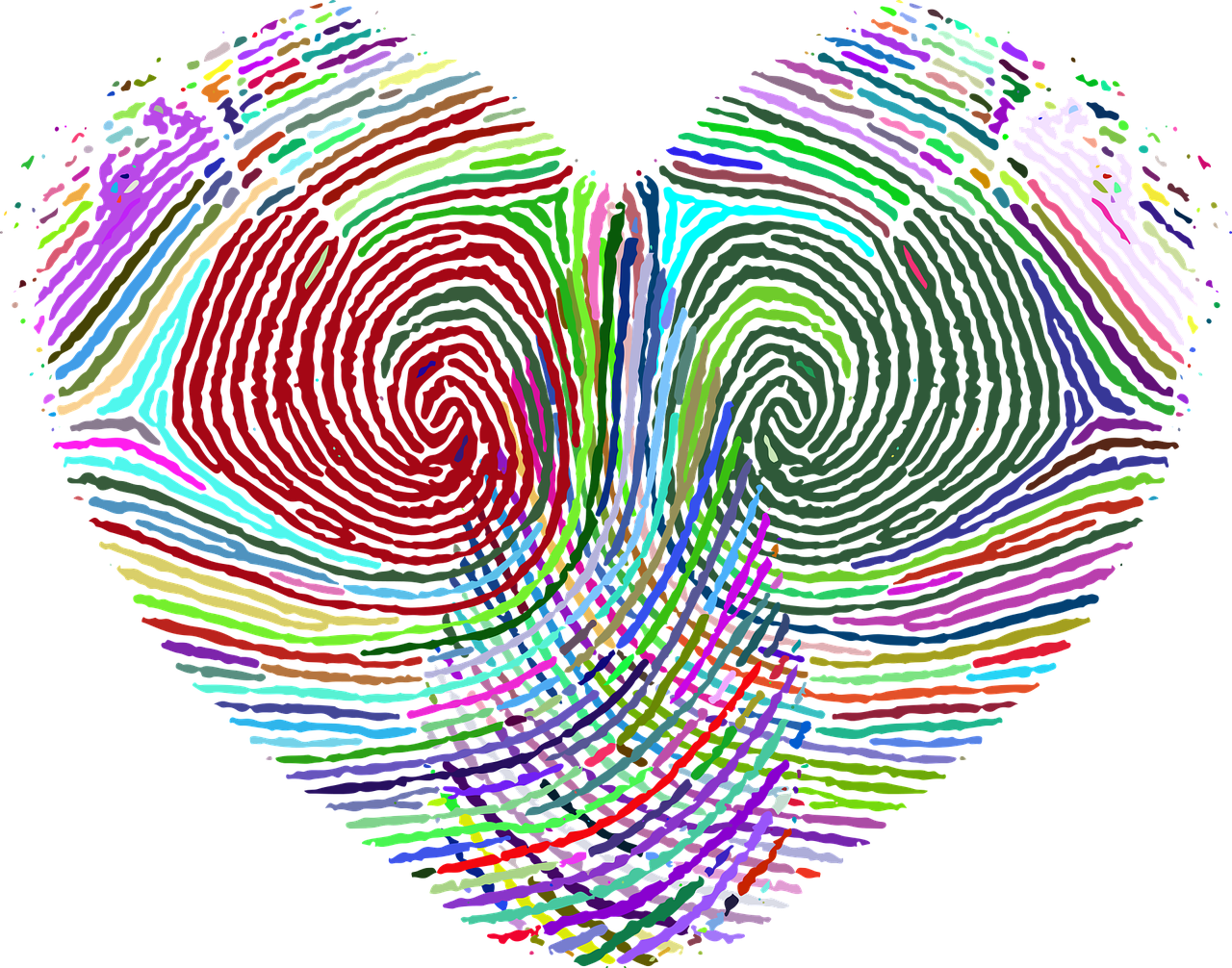
- Group 1, made up of Ana Saborio (Central America), Br Damiano Forlani (Mediterránea), Elma Rafil (East Asia), Josmari Pauzer (Brasil Centro-Sul) and Marcos Broc (Brasil Sul-Amazônia), is working on the theme of “lay Marist identity and vocation“. More concretely, they are developing ideas on:
- Different ways of relating to the Marist charism.
- Clarification of terminology and language around the lay Marist vocation.
- Clarification of the identity, spirituality, shared life and mission of Marist laity.
- Reflection on the place and mission of lay Marist vocations in the context of the Marist charism and the Church.
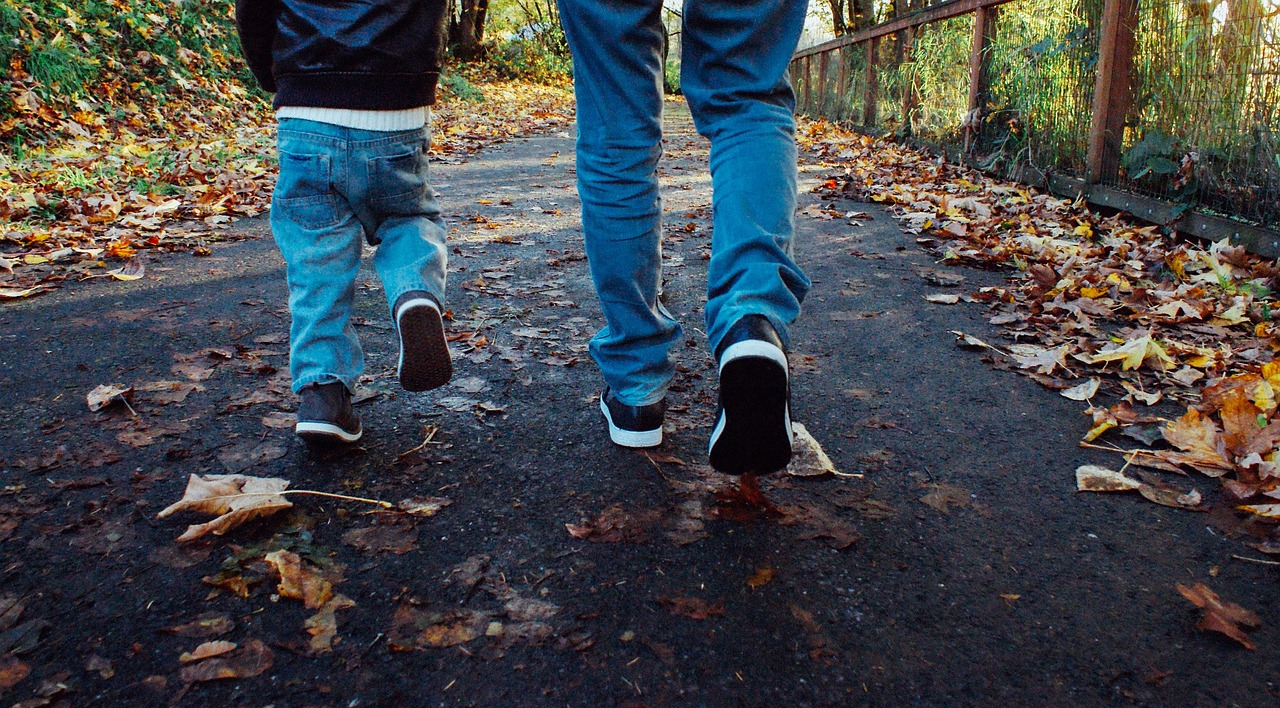
- Group 2, made up of Alida Bodomanitra (Madagascar), Ana Gómez (Mediterránea), Br. Jaime Comabella (Ibérica), Nathan Ahearne (Star of the Sea) and Pedro Martí (United States), is reflecting on the theme of “formation and accompaniment“, and is working on the following:
- Proposed criteria for guiding the growth and accompaniment of lay Marist vocations.
- Proposals for formation pathways (itineraries) at the local, province and international levels.
- Proposed methodologies and concrete tools for accompanying Marist laypeople in their personal vocational growth.
- Guidelines on financial and human resources for the formation and accompaniment of lay Marist vocations.
- Proposals for means of sharing experiences and formation and accompaniment practices in networks.
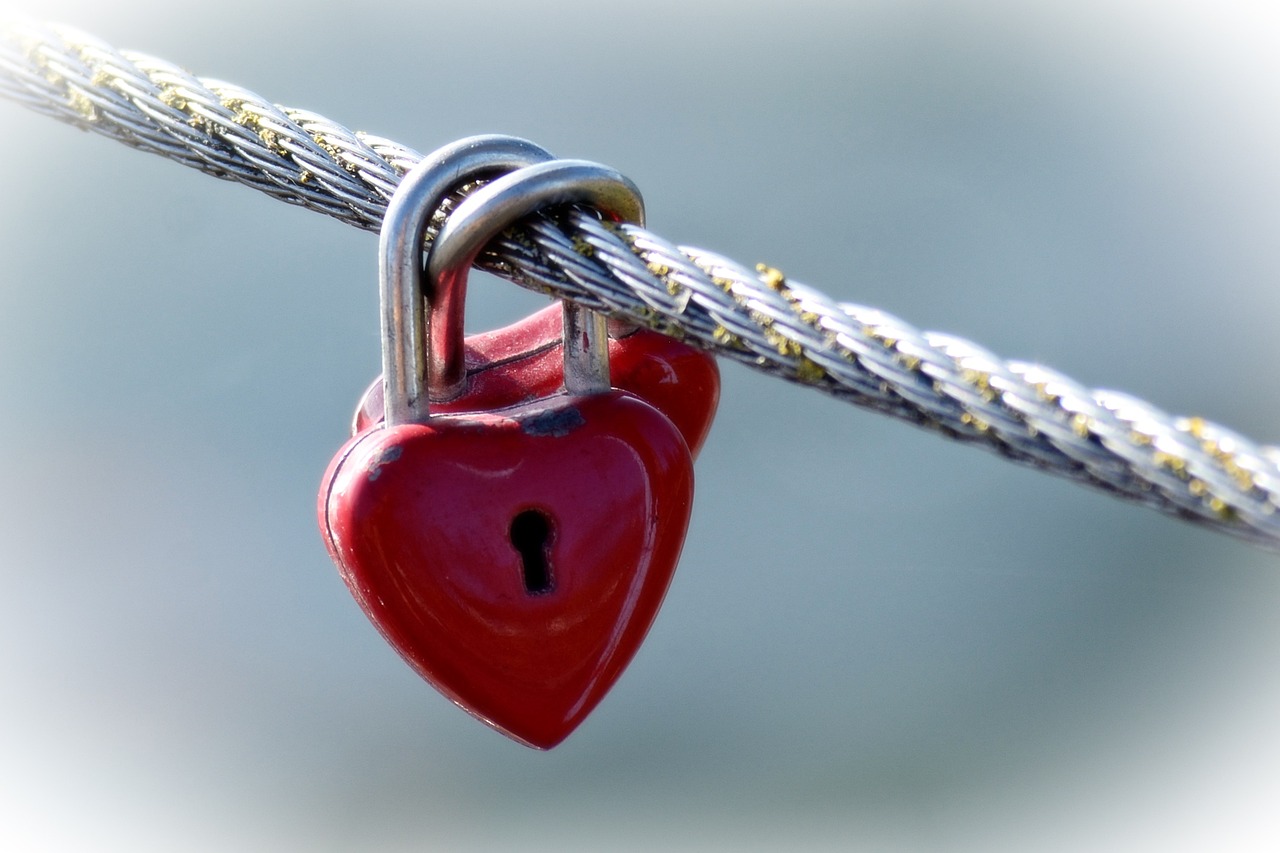
- Group 3, made up of Rita Silva (Compostela), Br. Isidro Azpeleta (Santa María de los Andes), Christine Dispa-Lenertz (West Central Europe), Ana Sarrate (Ibérica) and Raúl Amaya (Santa María de los Andes), has focused its work on the theme of “bonding to the charism“, with the following tasks entrusted to it:
- Mapping of the different expressions of “bonding” of laypeople to the Marist charism.
- Clarification of terminology and language for a better understanding in our different languages and cultural contexts of the words “bonding, commitment and promise”.
- Consensus building on the “bonding” of laypeople to the Marist charism and its implications, discernment processes and specifics (criteria, aims, duration, responsibilities, province acceptance / welcome, public expression…).
- Guidelines to support and encourage the steps of lay people who feel called to follow a path towards “bonding”.
Area 2: Legal, canonical and/or civil structures
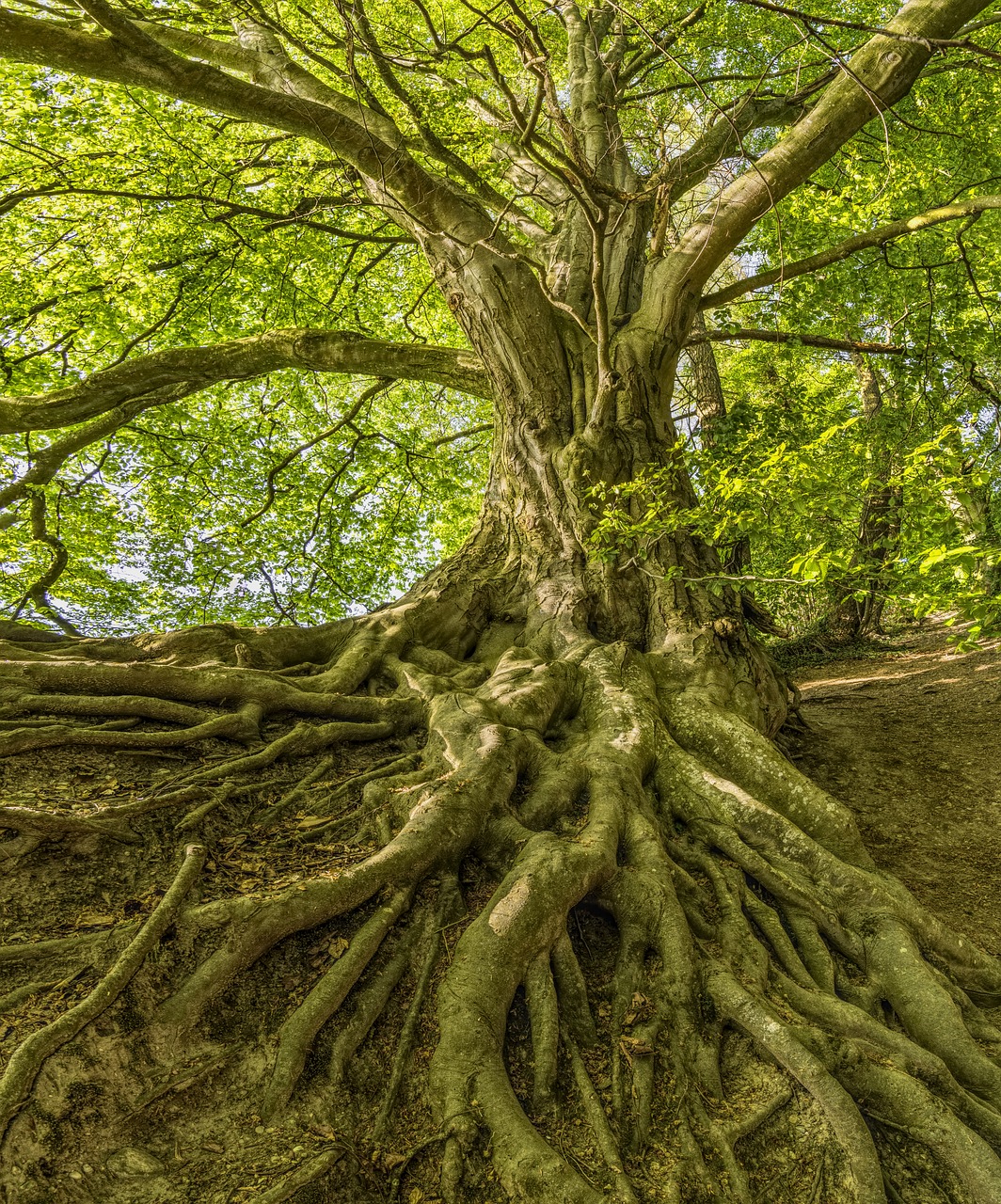
The members of the Area 2 reflection group on legal, canonical and/or civil structures are working in parallel, with focus groups of two or three people for various topics . They are Claudia Rojas (Norandina), Br John Bwanali (South Africa), Danai Anagnostopoulou (Hermitage), Sara Sánchez (Santa María de los Andes), Br Lisardo García (Compostela), Pep Buetas (Hermitage), Mark O’Farrell (Star of the Sea) and Manu Gómez (Mediterránea). The main tasks they have to address are:
- Design proposed model(s) of juridical structure(s) for the Marist laity that covers identity, nature, organisation, governance, patrimony, financing, operation, mission, aims, associates, links with the Institute…
- Guidelines with criteria for the development and implementation of civil and canonical structure(s) for Administrative Units and Regions.
In relation to the first task, concrete proposals will be made for canonical and civil structure(s) at the global level. This will involve the drafting of statutes for both structures.
The process will continue during 2024, with a calendar of virtual meetings and a face-to-face meeting in July to refine the proposal to be presented in Phase 5, during the Virtual Forum in November 2024, and subsequently to the General Council.
The Bureau of the Laity hopes that we will continue to listen deeply to the RUAH, the Spirit that continues to inspire and animate this journey. We hope that the dream of the prophet Joel, which has characterised the whole process of the Forum, be fulfilled: “Your sons and daughters shall prophesy” (Joel 3:1).
